Death is a commingling of eternity with time; in the death of a good man, eternity is seen looking through time
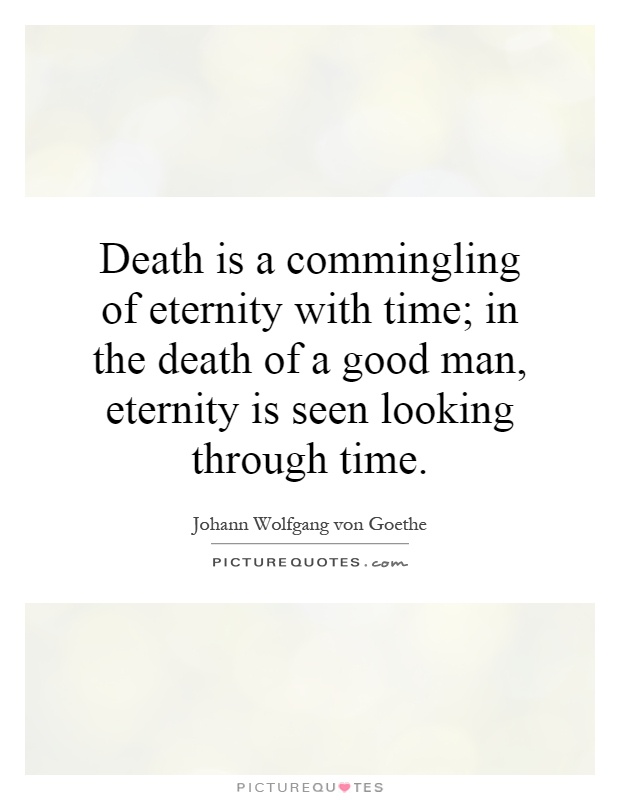
Death is a commingling of eternity with time; in the death of a good man, eternity is seen looking through time
Johann Wolfgang von Goethe, the renowned German writer, poet, and philosopher, is often considered one of the greatest literary figures in history. His works, such as "Faust" and "The Sorrows of Young Werther," have left a lasting impact on literature and continue to be studied and admired to this day. In Goethe's writings, the theme of death is a recurring motif, and his exploration of the concept reflects his deep understanding of the human experience.The quote "Death is a commingling of eternity with time; in the death of a good man, eternity is seen looking through time" encapsulates Goethe's profound insights into the nature of death and its significance in the grand scheme of existence. For Goethe, death is not simply the end of life but a transition into a timeless realm where the eternal and the temporal converge. In the death of a good man, eternity is revealed as a guiding force that transcends the limitations of time and space.
In many of his works, Goethe grapples with the complexities of mortality and the afterlife, exploring themes of redemption, rebirth, and the eternal quest for meaning and fulfillment. In "Faust," the titular character's Faustian bargain with the devil ultimately leads to his redemption and salvation, suggesting that even in death, there is the possibility of transcendence and spiritual growth.




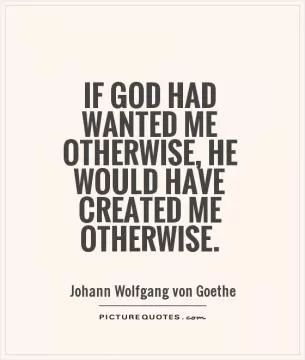
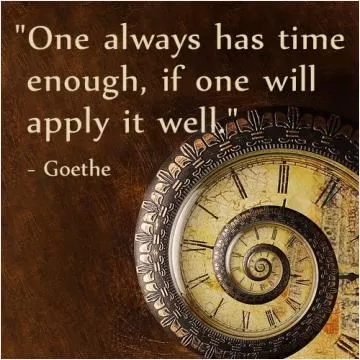
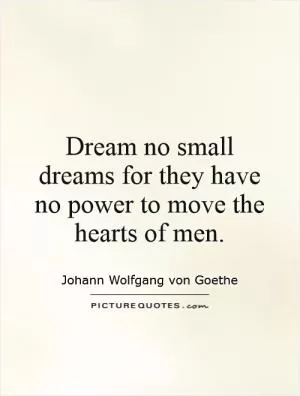

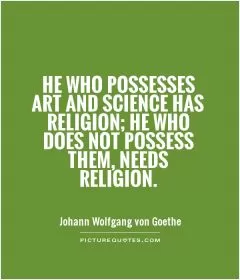

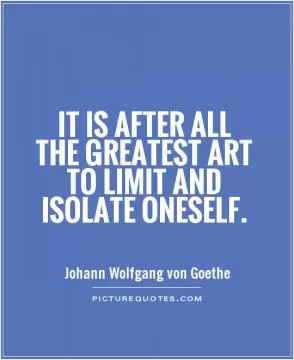
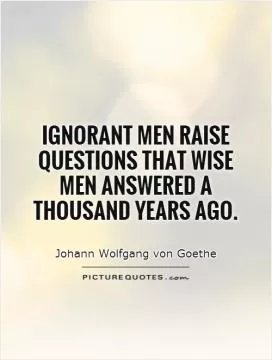
 Friendship Quotes
Friendship Quotes Love Quotes
Love Quotes Life Quotes
Life Quotes Funny Quotes
Funny Quotes Motivational Quotes
Motivational Quotes Inspirational Quotes
Inspirational Quotes